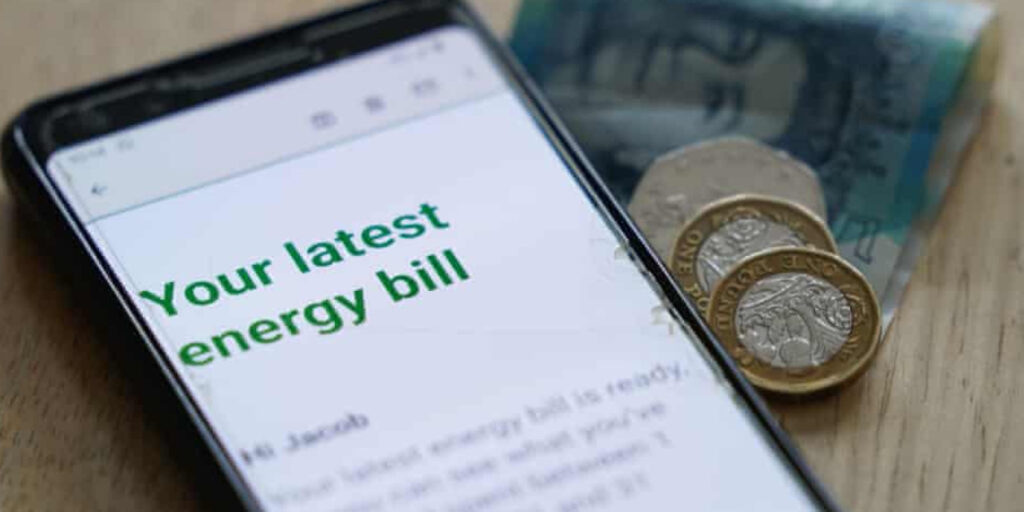UK households are being warned to brace for a “disappointing” rise in energy bills come January, placing additional financial strain during winter months. The increase follows earlier hopes for price relief in 2024. According to a forecast by Cornwall Insight, a leading energy consultancy, the energy price cap for Great Britain is set to rise to £1,736 per year for an average dual-fuel bill, marking a 1% increase from the current cap of £1,717.
The energy regulator, Ofgem, will announce the official quarterly price cap for January on Friday, as the UK enters its peak heating season. The anticipated increase contradicts earlier predictions made by Cornwall Insight, which had suggested a potential dip in energy prices at the start of the new year.
The energy price cap has become a critical barometer for household finances in the UK since the energy crisis triggered by Russia’s invasion of Ukraine in early 2022. Nearly three years later, energy prices remain significantly elevated, exacerbating the cost-of-living crisis and placing a disproportionate burden on vulnerable households.
Prior to the conflict, the price cap stood at £1,216. Following the market turmoil caused by the invasion, prices threatened to exceed £4,000, prompting the government to implement an energy price guarantee in October 2022, capping bills at £2,500. The cap, set quarterly by Ofgem, limits what suppliers can charge their 28 million customers for each unit of gas and electricity. Cornwall Insight predicts unit costs of 24.83p per kilowatt-hour for electricity and 6.33p per kilowatt-hour for gas.
While the headline rate of £1,736 represents the average expected annual cost for a UK household, actual bills will vary based on consumption levels. Cornwall anticipates slight price drops in April and October of 2025 but warns that elevated energy costs are likely to persist.
Craig Lowrey, principal consultant at Cornwall Insight, remarked, “Our final price cap forecast for January shows bills will remain largely unchanged from October. Supply concerns and market volatility have sustained current prices.” He added, “While this may not come as a surprise, the lack of price reductions will still disappoint many as colder weather sets in.”
Cornwall Insight attributes the stable prices to factors such as geopolitical tensions, maintenance on Norwegian gas infrastructure, and weather-related disruptions in a “relatively volatile wholesale market.” The consultancy emphasizes that the best way to mitigate dependence on global energy markets is by investing in domestic renewable infrastructure, though this requires upfront investment.
“Building renewable infrastructure is the key to reducing reliance on volatile energy markets,” Lowrey said. “Immediate support is also crucial for those facing hardship. Choosing inaction means leaving people vulnerable in the cold.”
Richard Neudegg, regulation director at Uswitch, echoed the concerns, noting, “Predictions of another energy price rise in January for those on default tariffs are a major blow for households. The price cap is meant to protect consumers, but millions will face higher costs during winter’s coldest months.”
Peter Smith, policy and advocacy director at National Energy Action, highlighted the dire situation for vulnerable individuals, stating, “The current cold spell is already severely impacting those at risk. With unaffordable energy bills and limited national support this winter, millions are being forced to ration energy dangerously or go deeper into debt just to stay warm.”


